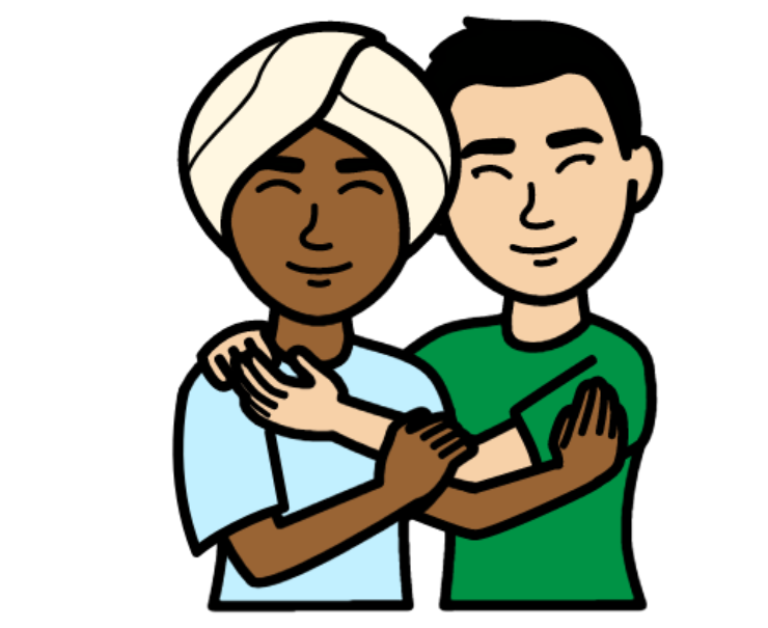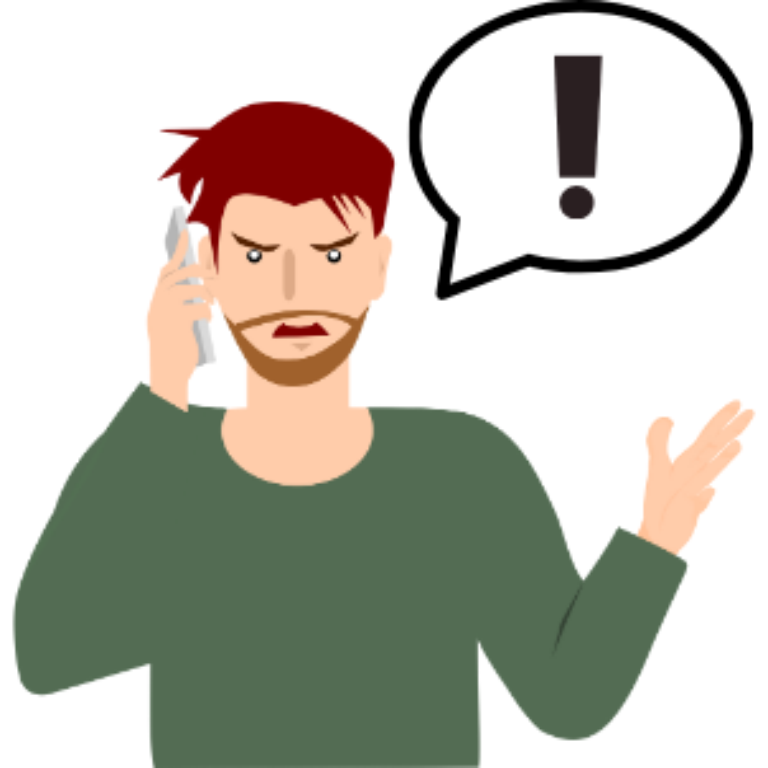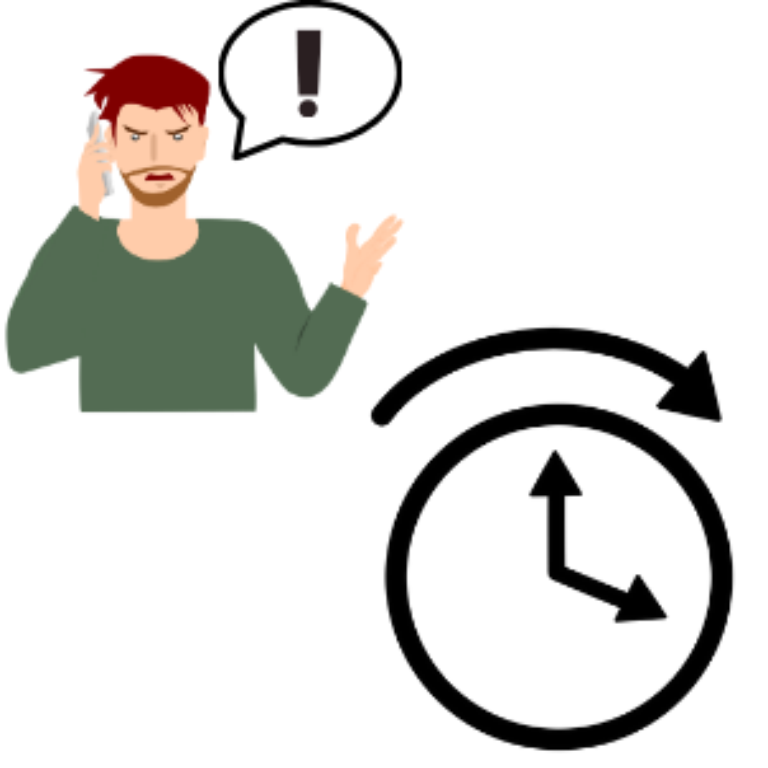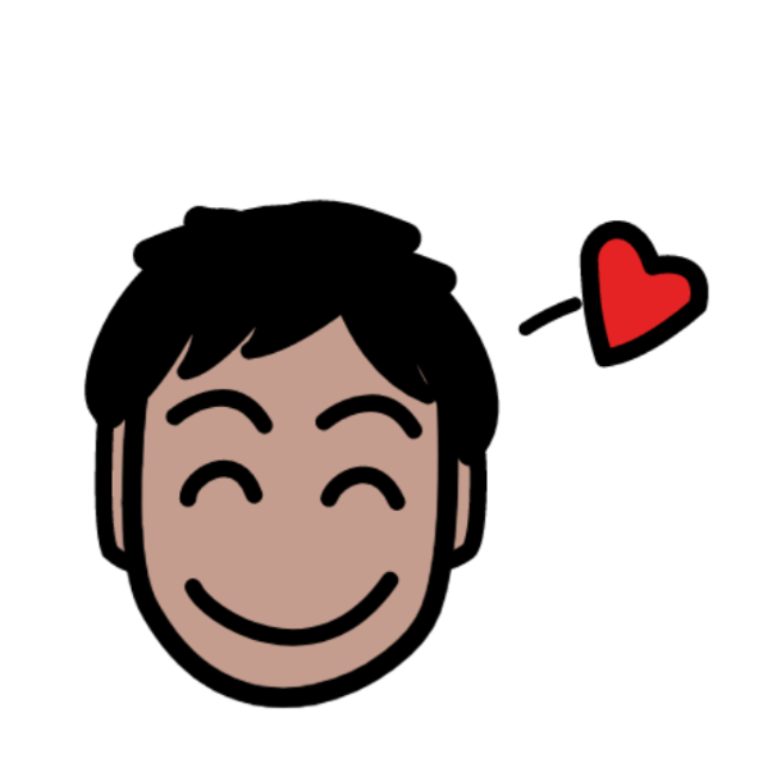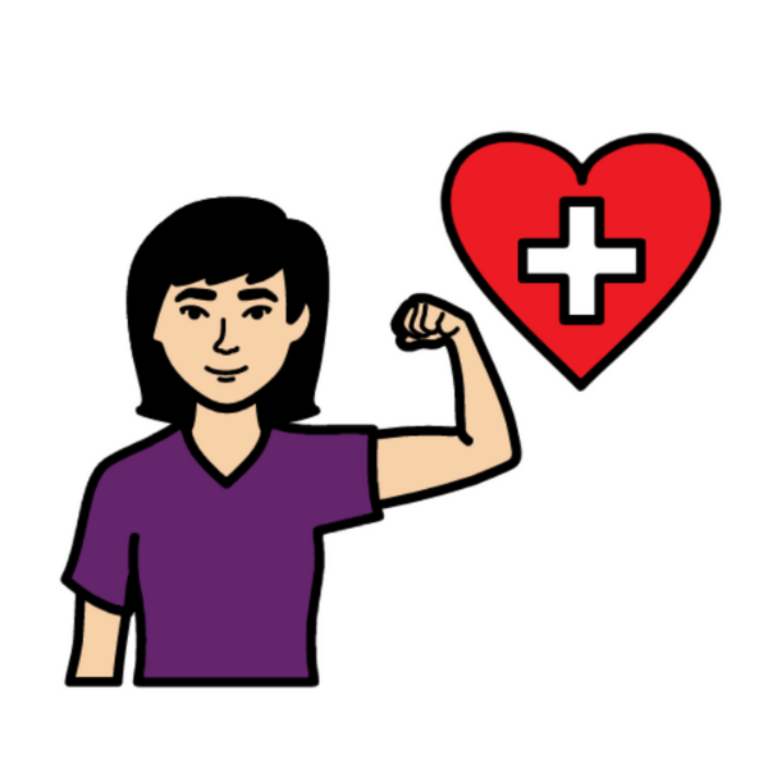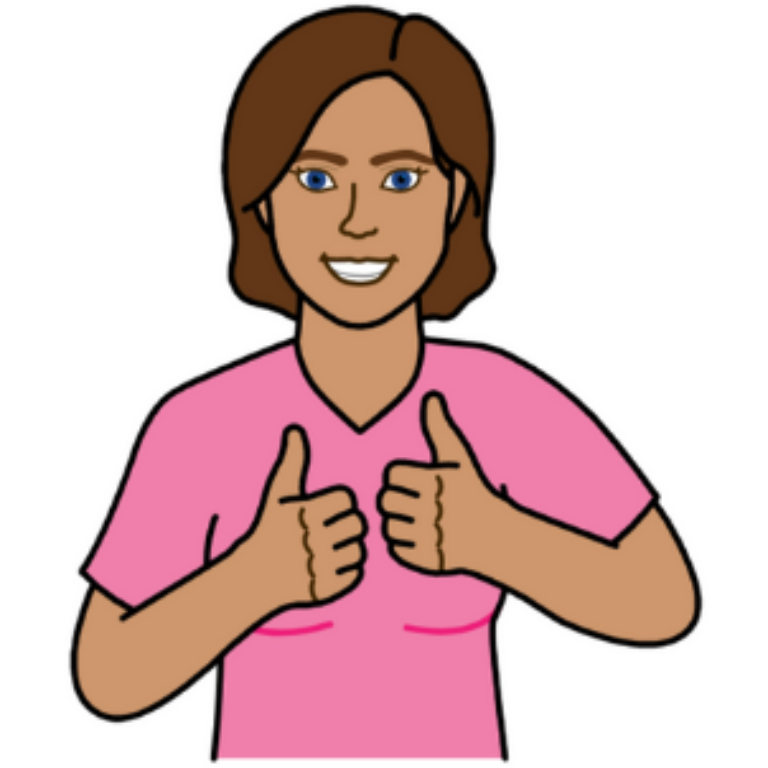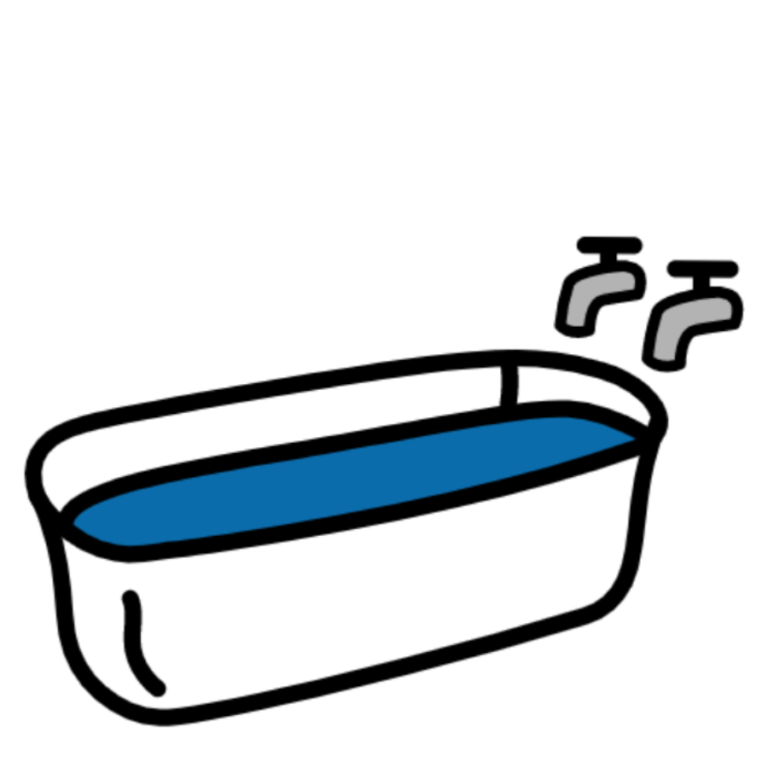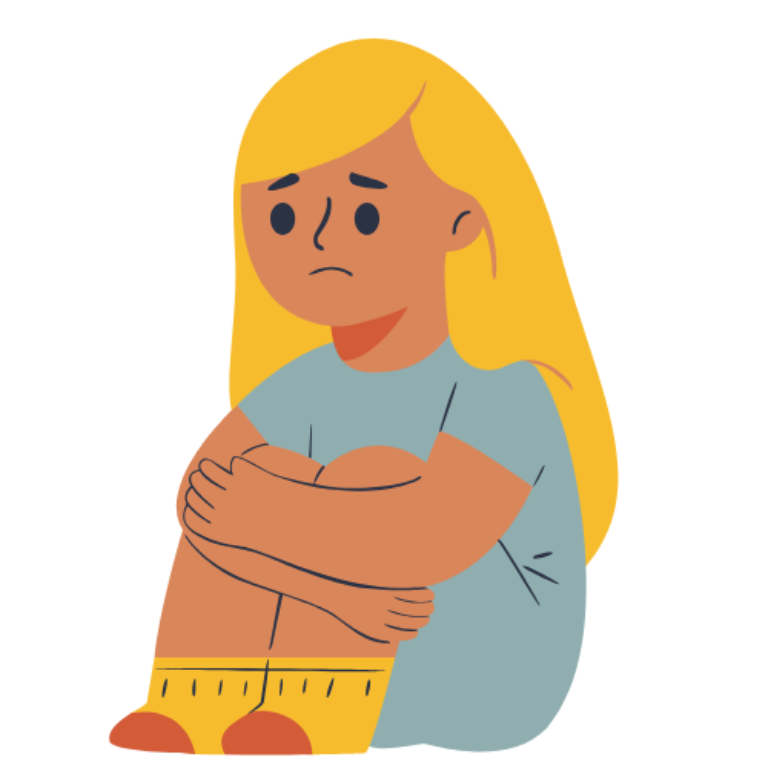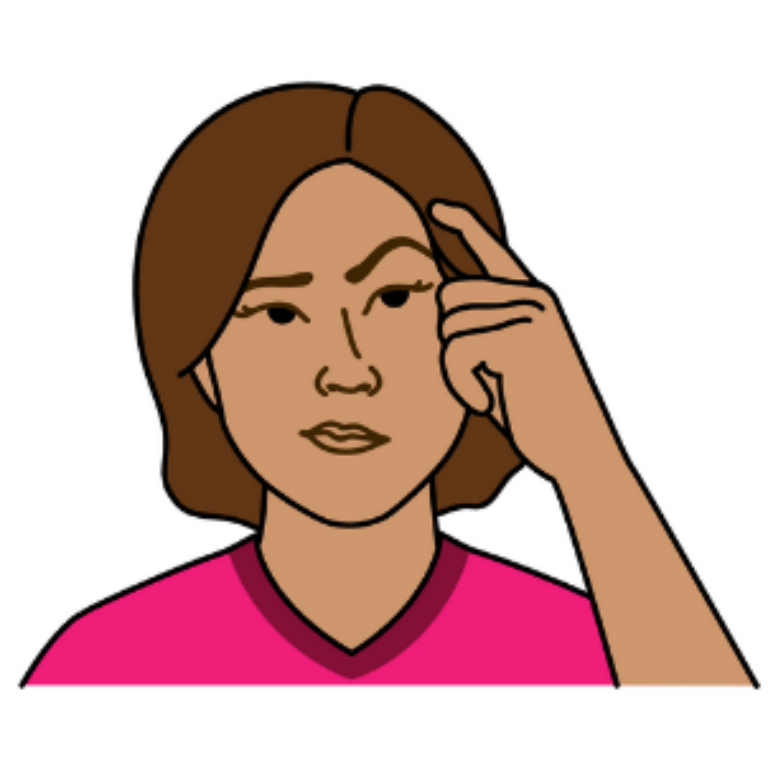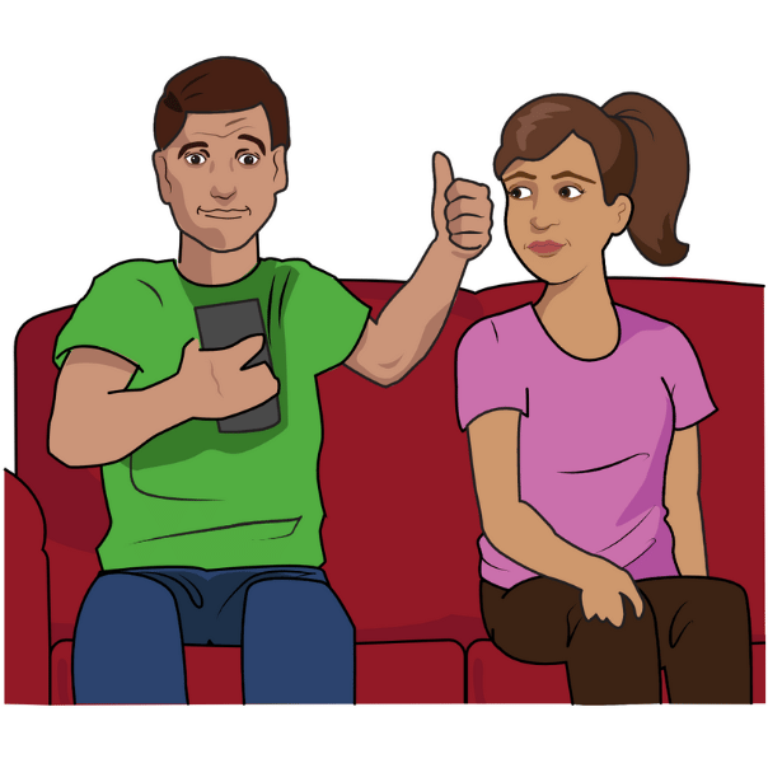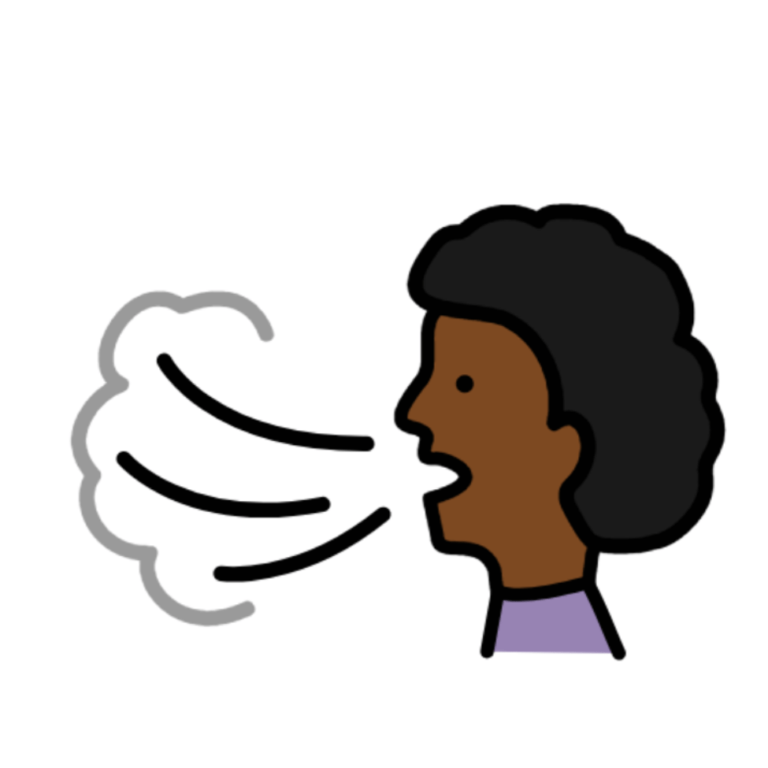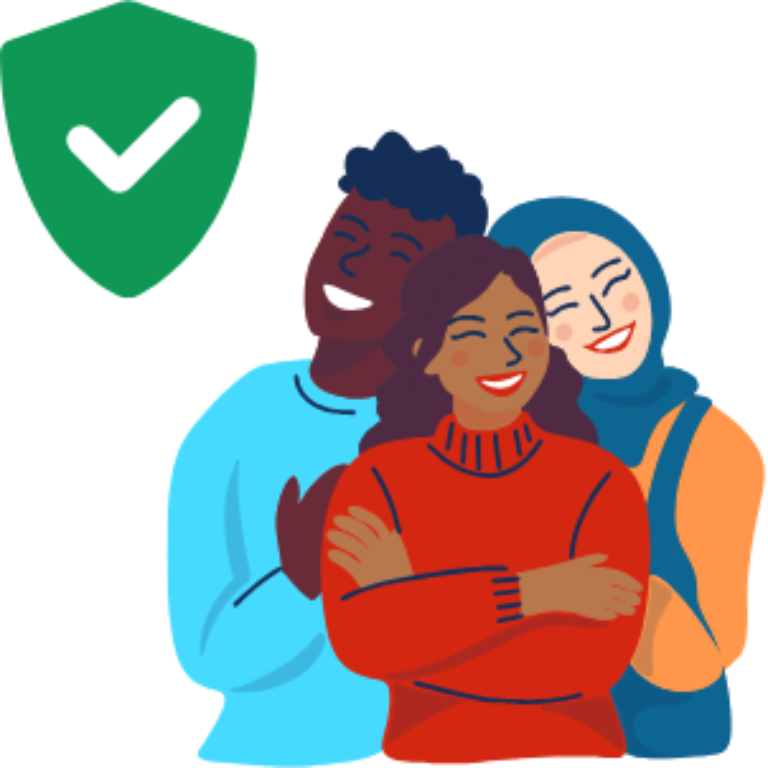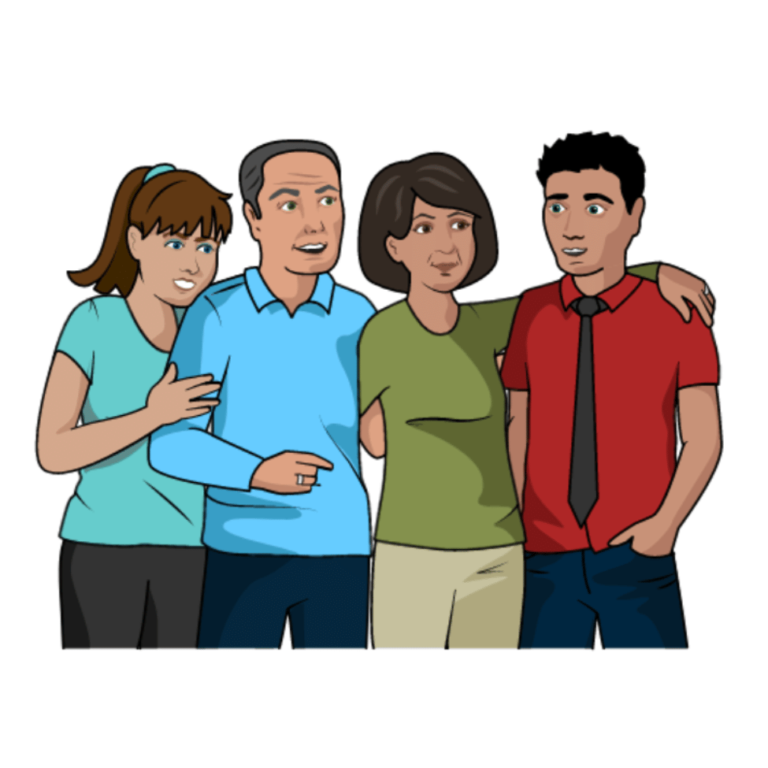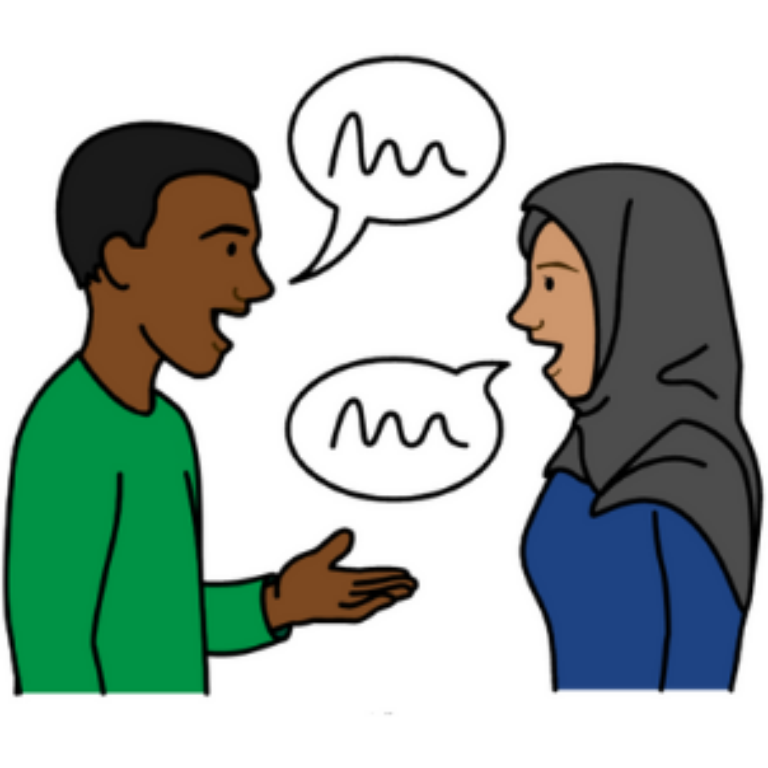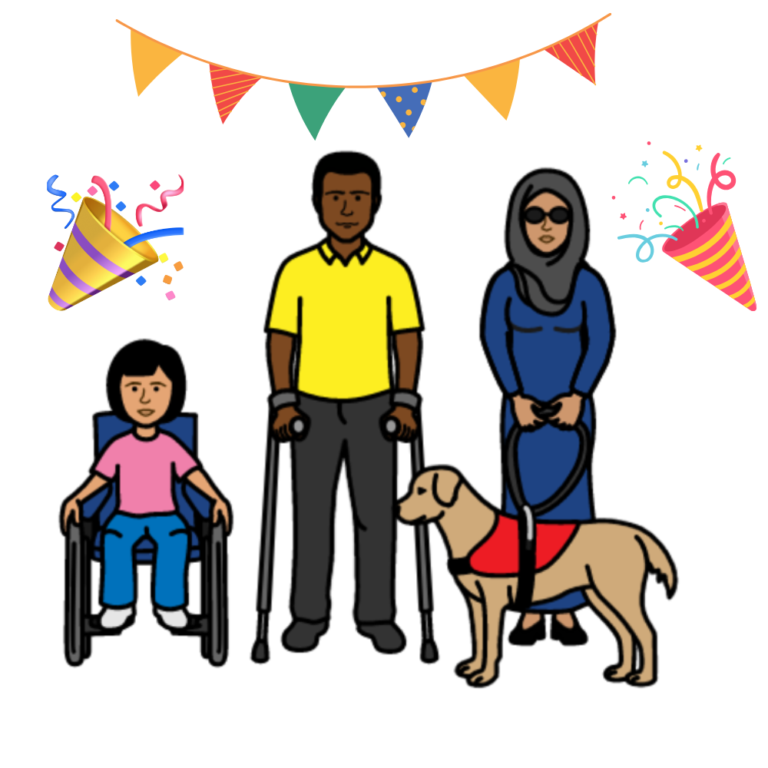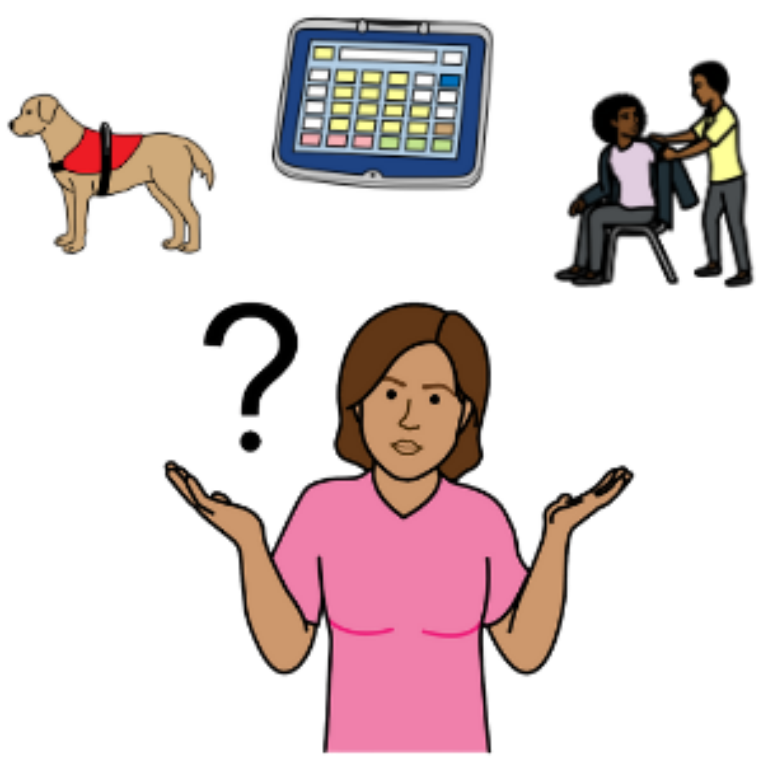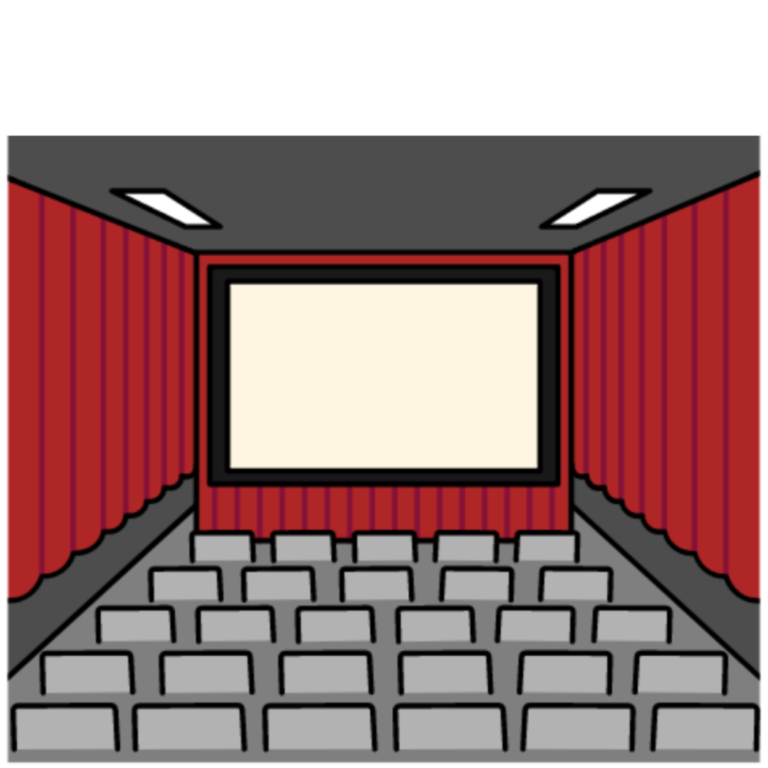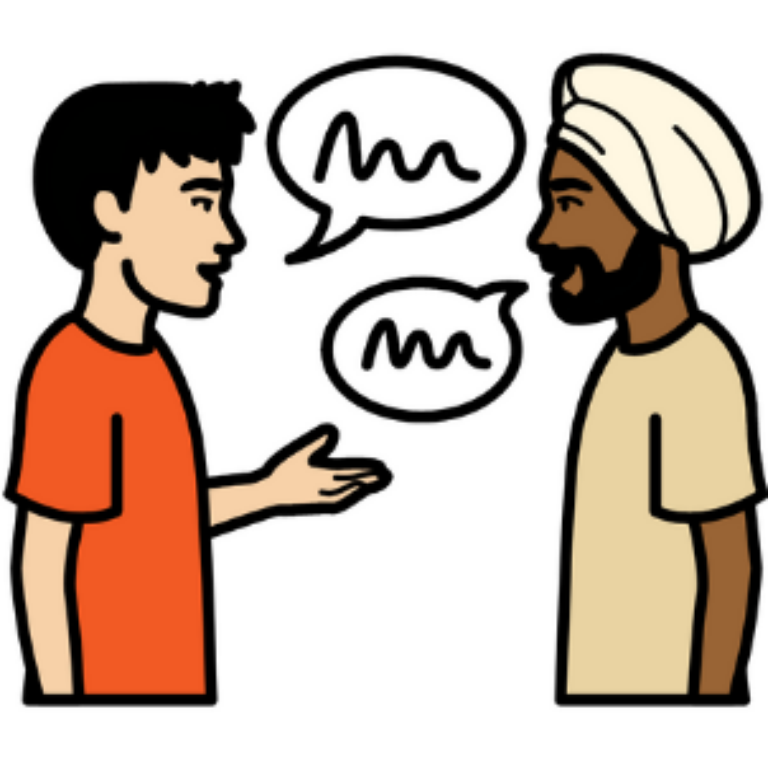Looking after yourself as a disabled young person
When you’re dealing with a problem, it’s important to look after yourself.
Taking care of your mental and physical wellbeing can help you feel more in control and better able to handle whatever you’re facing.
Looking after yourself can mean different things for everyone. It might be about setting boundaries, talking to someone you trust, or just giving yourself permission to rest.
Here are some ways to look after yourself when things feel tough.
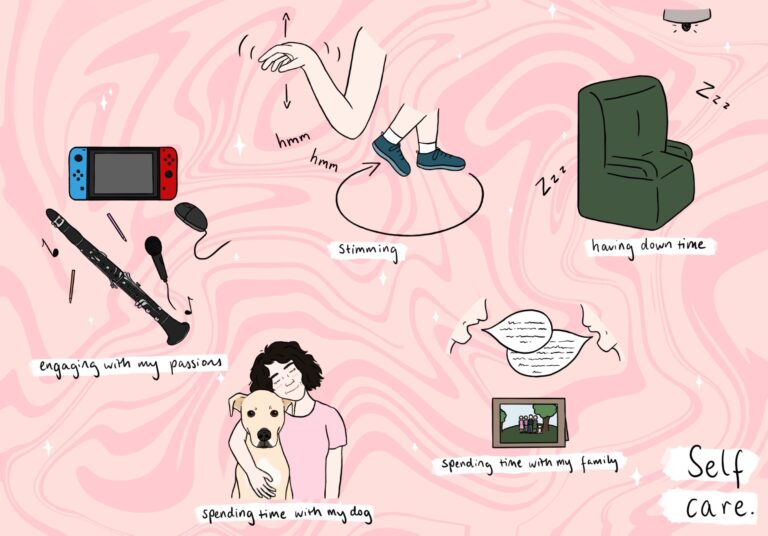
Self-care
Self-care means doing things that help you stay physically and mentally healthy. It’s about looking after yourself in ways that bring you comfort, energy, or joy.
Everyone’s self-care looks different—if one thing doesn’t work, try something else.
When we’re stressed or in a tough situation, it’s easy to forget to look after ourselves. But self-care helps us cope and stay well, especially when things are hard.
Self-care illustration by Willow.
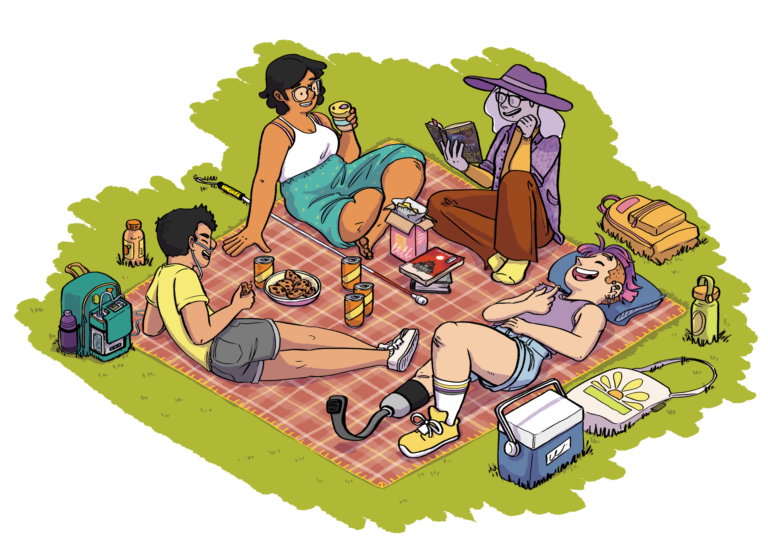
Coping with problems
Sometimes, problems can feel too big or too hard to fix. When this happens, using coping strategies can help.
Coping strategies are tools and techniques that help us get through difficult times. They are small, everyday actions, like mindfulness or listening to music, that can make tough situations feel a little easier.
Mindfulness and meditation
Mindfulness is a way to connect with your body and focus on the present moment.
Meditation is another coping tool. There are many different ways to meditate, and you can explore different techniques to see what works for you. Learn more about meditation from Kids Helpline.
Mindfulness by Kids Helpline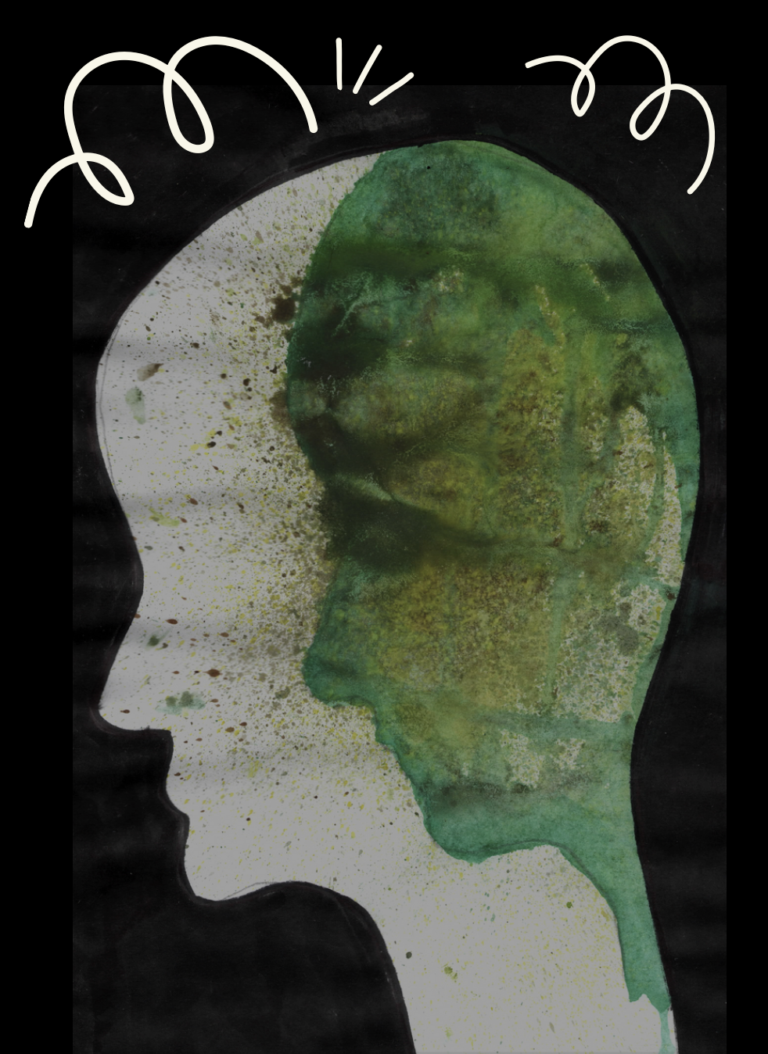
Coping with distress
Rachael, a disabled young person, has created a flyer with tips, quotes, and ideas for managing distress and anxiety as a disabled young person.
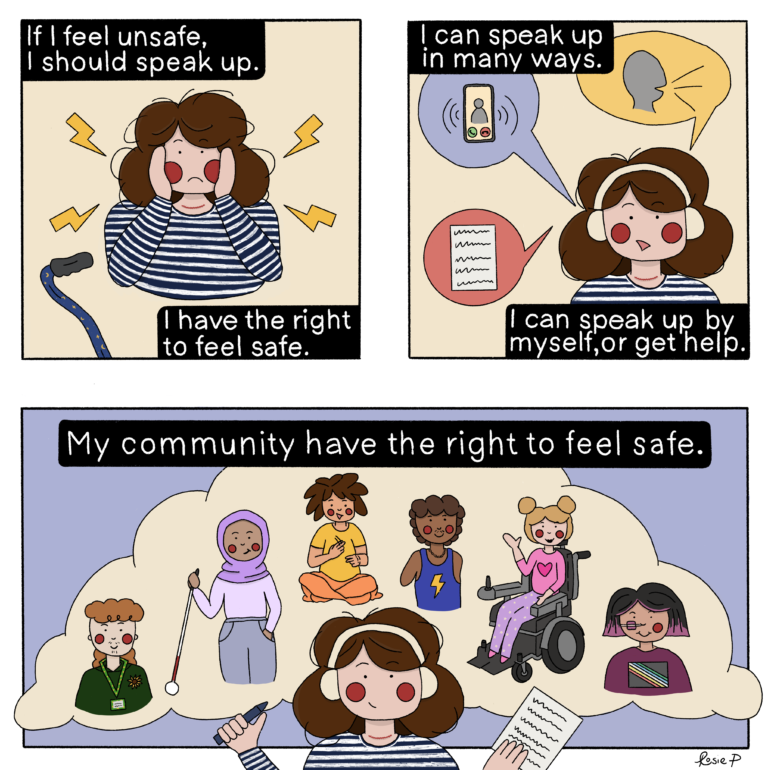
Community and support networks
When you’re going through something tough, connecting with your community and support networks can help.
Some disabled young people find support with their family or close friends. Others might find it with others who share similar experiences, such as being part of the disability community.
Like self-care and coping strategies, community looks different for everyone. What matters is that you have people who listen and support you.

Disabled young people talk about being part of the disability community.
In this video, disabled young people talking about being part of the disability community and how they found their community.
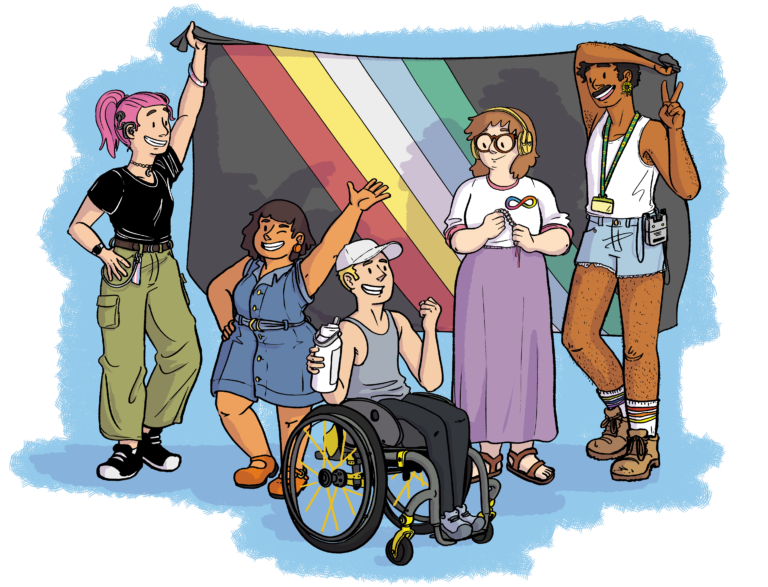
Disability pride
Another way you can look after yourself is to practice disability pride.
Disability pride is about being proud of yourself, and embracing disability as a part of who you are. Disability pride can also mean not trying to hide your disability.
Disability pride is different for everyone, and there’s no right or wrong way to experience it. The most important thing is to know that your experiences and identity matter.

Disabled young people share what disability pride means to them.
In this video, disabled young people share their stories, celebrate being part of the disability community, and show why disability pride matters.
Get support
You don’t have to deal with problems on your own. There are people who will listen and support you. Visit the webpage below for a list of people and services who can help.
Where to get helpStay safe
Call 000 if you are in danger now. If someone is hurting you or you feel unsafe, tell someone you trust as soon as you can.
You can also contact Kids Helpline anytime on 1800 55 1800 or chat to them on the Kids Helpline website. They provide free support to people who are 25 years old or younger. No problem is too big or too small.
Kids Helpline has also created a guide to staying safe when leaving right away isn’t an option.
